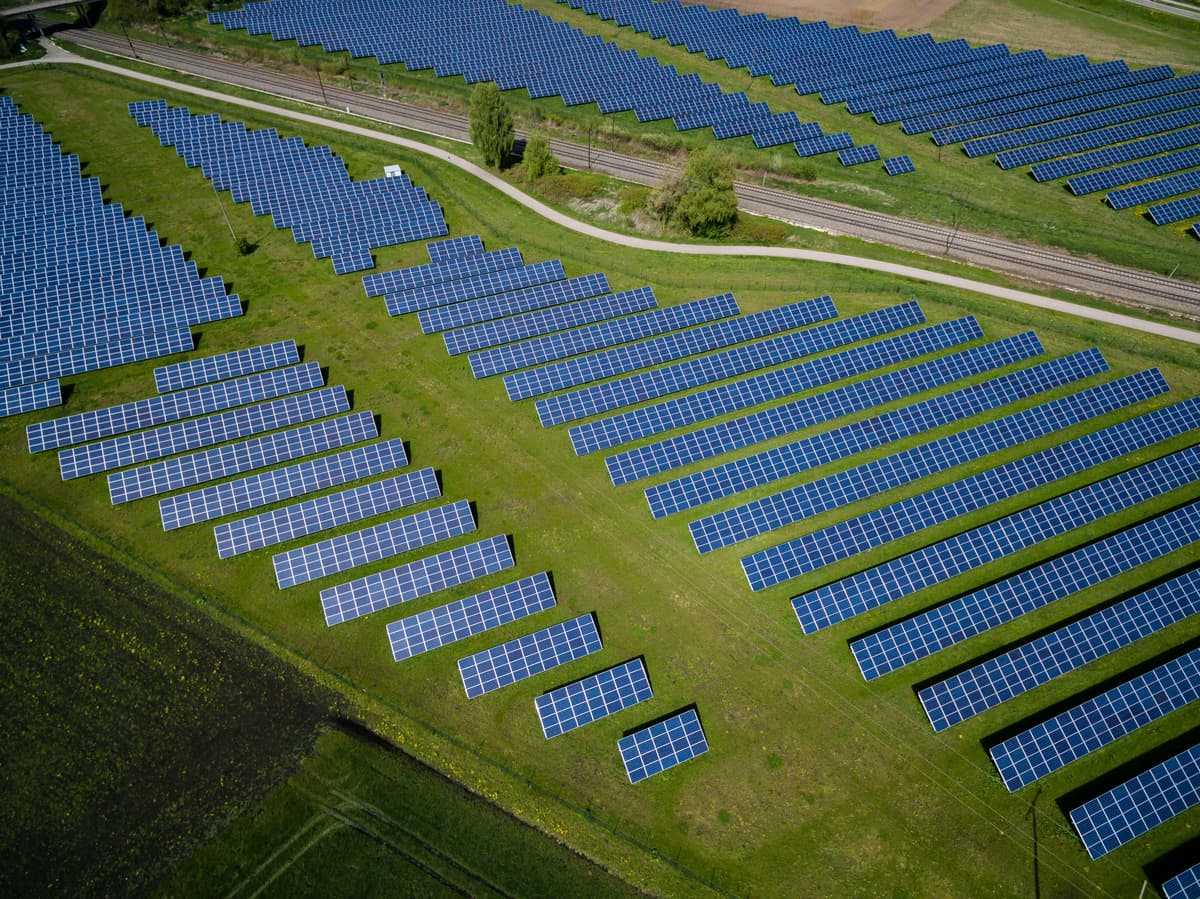
2025 Policy Revisions
ECBC and 100% Depreciation on Renewables
Aug 18, 2025| 5 mins
5 mins
 5 mins
5 minsKey Takeaways
Recent policy changes in 2025 mark a significant shift for India's green building and renewable energy landscape, aimed at accelerating energy efficiency and incentivizing investment in clean technologies.
Energy Conservation Building Code (ECBC) 2025
National and State-Level Updates
- ECBC 2025 has been revised to enforce stricter energy efficiency standards for all new commercial buildings across India. The adoption and integration are now aligned with various state amendments, notably in Maharashtra and Kerala, with mandatory compliance frameworks targeting sustainable design and operations.
- The Code mandates minimum energy performance standards for building envelope, HVAC, lighting, and electrical power systems. It actively encourages renewable energy integration, with special provisions for on-site solar PV and wind contributions to meet a share of building energy demand.
- States are required to implement ECBC through designated agencies, bringing increased local accountability and tailored guidelines for climate contexts.
| State | ECBC 2025 Implementation | Special Notes |
|---|---|---|
| Maharashtra | Draft ECBC Rules notified April 2025 | Applies to new commercial, hotels, hospitals, retrofits |
| Kerala | Enforced Energy Conservation & Sustainable Building Code Rules, April 2025 | Covers best practices for sustainable design |
100% Depreciation on Renewables
Major Incentive Under the 2025 Tax Revision
- The “One Big Beautiful Bill” Act of July 2025 brought 100% bonus depreciation for eligible renewable energy property from January 2025, making the deduction for qualifying investments immediate.
- For assets placed in service after Jan 19, 2025, businesses can write off the full cost in the first year, benefiting solar, wind, battery, and biogas investments (with some sunset clauses for solar/wind).
- New restrictions remove solar and wind energy property from rapid 5-year MACRS schedules, but bonus depreciation remains for many asset types. Some credits for other renewables (biogas, geothermal, fuel cells) are preserved, giving continued incentives for diversified sustainable investments.
- The incentive supports Indian and global renewable manufacturers, facilitating domestic content compliance for clean energy supply chains.
| Asset Type | Depreciation Rate (2025-26) | Bonus Depreciation Details |
|---|---|---|
| Solar PV Panels/Modules | 100% (first year) | Must commence service post-Jan 19, 2025 |
| Wind Turbines | 100% (first year) | Special eligibility conditions |
| Energy Storage Tech | 100% (first year) | Subject to property rules |
| Biogas/Biomass | 100% (first year) | Preserved under bonus regime |
Impact on Green Building Development
- Developers and project owners now have stronger financial and regulatory backing to pursue high-performance green buildings, with rapid cost recovery on renewables and lower compliance hurdles for ECBC-aligned assets.
- Incentives especially favor new constructions and retrofits that integrate solar, wind, and storage into operational energy strategies.
- Combined with ECBC’s mandatory performance thresholds, projects are poised to deliver greater efficiency, lower emissions, and long-term operational savings.
Sources
- Maharashtra Energy Conservation Building Code Rules, 2025
- Kerala Energy Conservation and Sustainable Building Code Rules, 2025
- Maharashtra Notifies ECBC Draft Rules 2025
- Energy Conservation Building Code (ECBC) - RENEWCONNECT
- Energy Conservation Building Code (ECBC) in India
- Understanding the Energy Conservation Building Code (ECBC) in India
- Green Building Trends in India 2025 – A Sustainable Construction Outlook
- The “One Big Beautiful Bill” Act – Sidley Insights
- Tax Bill Enacted on July 4, 2025 Contains Scaled-back Renewable Energy Provisions
- One Big Beautiful Bill New Law Disrupts Clean Energy Investment
- Cleary Gottlieb – “Big Beautiful” Changes to Renewable Energy Incentives
- BD Law – One Big Beautiful Bill Act Is Very Ugly for Wind and Solar
- Kirkland & Ellis – One Big Beautiful Bill Act Brings Big Changes to Green Energy Tax Credits